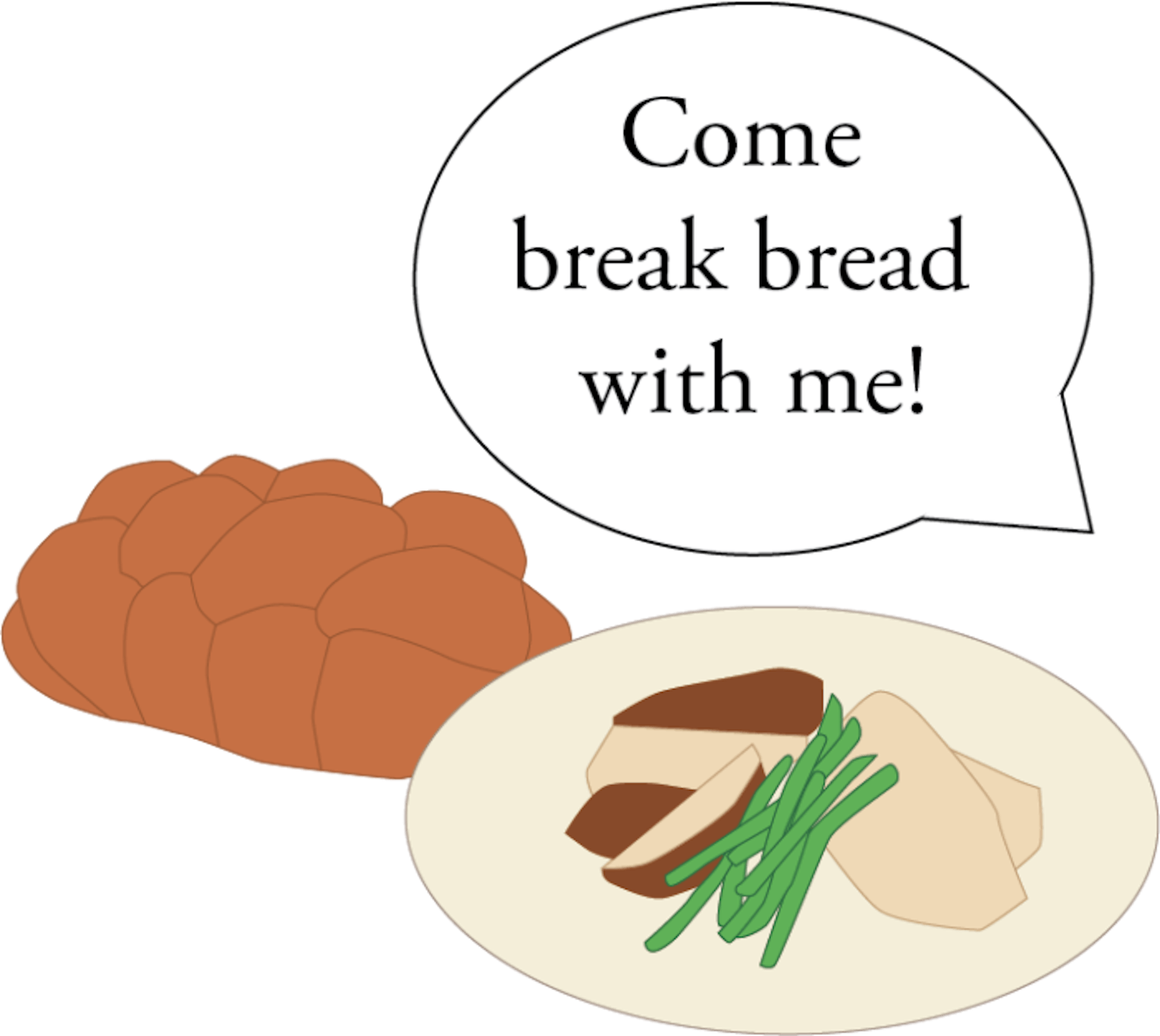
Last week, NBA center Meyers Leonard used an anti-Semitic slur while streaming video games. While he defended himself by saying that he was unaware of the meaning of the word he used, he was subsequently fined and suspended from his team for a week. Leonard has since spoken to the Anti-Defamation League amid widespread criticism, which has included several gaming companies either cutting ties with him or denouncing his actions. And yet, the most poignant response to Leonard’s actions that I have seen came from NFL wide receiver Julian Edelman. Edelman, who is Jewish, has been outspoken about combatting anti-Semitism in the broader world of sports, notably reaching out to fellow NFL wide receiver DeSean Jackson when Jackson posted anti-Semitic comments to his social media last year. Instead of indicting Leonard, Edelman penned an open letter to him that condemned the casual ignorance that arises when people use hateful comments or do hateful things without fully understanding the meaning of the words they use.
As a Jew myself, I confess that I am far less patient than Julian Edelman.
Of course headlines are made when athletes and celebrities say polarizing and hateful things. But it is the casual, everyday ignorance that Julian Edelman discussed that is far more insidious and deep-seated in our society. My experience as a Jew at the University of Notre Dame has been all over the place, although I have also experienced this “casual racism.” My experience has ranged from organizations at the University that will go unnamed being reticent to support awareness of anti-Semitism to a professor confronting me on why I mention that I am Jewish in so many of my columns that I have written for the Observer. The second I mention that I am Jewish, I instantly become a museum specimen in a classroom, and I have plenty of experience of peers and faculty poking and prodding the cage to see how the specimen will react.
There is a stigma when you tell someone that you are Jewish. Part of this complication stems from the complicated history that Israel has in the Middle East, particularly the ongoing struggles with the Palestinian people. I am proud to be Jewish, but I have taken courses at the University that have deeply challenged my understanding of the Jewish history. My opinion of my heritage has, ironically, become far more nuanced through my education at this Catholic institution.
But just as it is hard to pinpoint the exact time that humans realize that we will die, every Jew is born with an innate understanding that our heritage carries the burden of being an outcast. And yet, that is something that I deeply cherish. It is the human experience to have “outcast moments,” and being Jewish has enabled me to understand when other people shoulder a similar burden. I remember inviting friends over for Shabbat dinner even when my family and I did not have a house of our own. There is an old story about a rabbi who buys two of everything from the store in case he ever meets someone of greater need. To be Jewish is to be a sojourner, and the least we can do is alleviate the parched lips of our fellow travelers.
To Meyers Leonard and people that perpetuate damaging casual ignorance, I do not care if you are bothered by the fact that I am Jewish and proud to be so. To my professor who told me to stop saying I am Jewish in my columns, I will say it tenfold in every column. To be proud of my heritage is not to admit that it is without fault, and this is one of the points of misunderstanding that people confront with me and my columns. Rather, I am embracing the complexity and imperfections of the history of my people, and welcoming discourse to iron out the inconsistencies, to apologize for the pain and to discuss better ways to move ahead in the future in a productive and peaceful manner. To be proud that I am Jewish does not mean that I am proud of the Sabra and Shatila refugee camp massacres and the invasive and violent conflicts in the West Bank. We are not perfect. And that is what makes us beautiful.
It is not enough to suspend a player for a week from his team and prescribe a healthy dose of diversity classes. And too often it seems that anti-Semitism is excluded from movements that mobilize against hate. I will be the first to tell you that I recognize that the Jewish people are not perfect, but hate is hate, and we get nowhere when we make the decision to be complacent in our ignorance. Violent antisemitic incidents have increased exponentially in recent years, and almost half of people aged 18 to 39 cannot name a single concentration camp in the Holocaust. We are more than Fiddler on the Roof, Adam Sandler and Seth Rogen. We are a living, breathing, dynamic organism and we deserve to be treated as such.
At the end of his letter to Meyers Leonard, Julian Edelman invited him to a Shabbat dinner to break bread and learn more about the Jewish people. To anyone reading this column that desires a further dialogue, I have quite a bit of flex points to burn through. Dinner on me.
Stop telling people you're Jewish
The views expressed in this column are those of the author and not necessarily those of The Observer.









